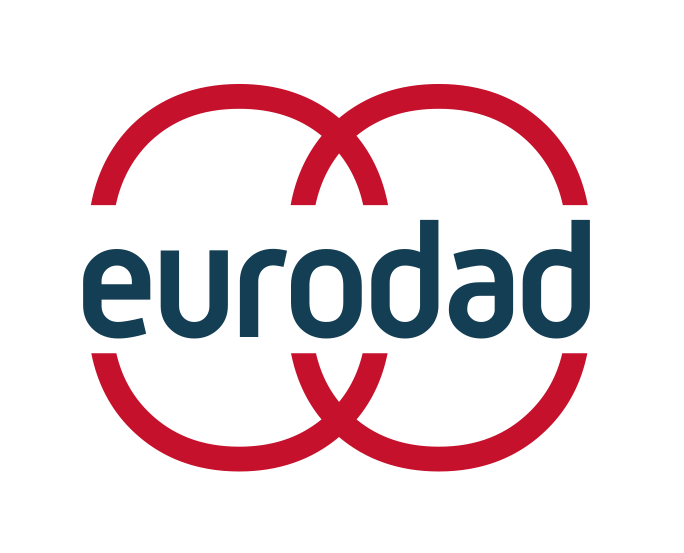
More than 550 economists, development and climate experts including leading economists Yanis Varoufakis, Thomas Picketty, Jayati Ghosh, Ann Pettifor and Jason Hickel, philosopher Olufemi Taiwo and climate activists Vanessa Nakate and Hilda Nakabuye, have signed an open letter calling for debt cancellation at COP28. The open letter also received support from almost 300 organizations worldwide, including some of the most relevant climate networks, development international NGOs and human rights organisations.1
The statement, coordinated by The Asian People’s Movement on Debt and Development, Latindadd, The European Network on Debt and Development (Eurodad) and Debt Justice, calls for cancellation of the debts of lower income countries on the front line of the climate emergency, and for rich countries to significantly increase levels of grant-based climate finance.
The statement points out that:
“Debt drains resources away from healthcare, education, social protection, a green just transition and addressing the impacts of the climate crisis, and transfers them to the pockets of foreign creditors. Global south countries are spending 12 times more on repaying debt than they are on addressing the climate crisis.2 Meanwhile, many countries are being forced to exploit their natural resources, including fossil fuels, to generate revenue for debt repayments.”
Signatories demand that:
“Rich countries must immediately agree to cancel debt across all creditors, for all countries in need, and without conditions. The UN Climate Summit – COP28 – at the end of November will be a key opportunity for them to do so. Only through ambitious debt cancellation can global south governments provide adequate public finance to respond to their immediate and long-term development needs, including the climate crisis. Only with debt justice can we have climate justice.”
Vanessa Nakate, climate justice activist from Uganda and author of ‘A Bigger Picture’, said:
“Africa is being suffocated by debt burdens, preventing it from responding to the climate crisis. Because of soaring debt levels, Africa cannot rebuild from climate disasters or put infrastructure in place to protect the people in the future. Instead, resources are going to the profits of creditors in the rich countries that are historically responsible for the climate crisis. This is unjust and means debt justice is critical for achieving climate justice.”
Thomas Piketty, Professor of Economics, Ecole d’economie de Paris/Paris School of Economics, France, said:
“The world’s financial system is rigged in favour of rich countries. Poor countries pay massive excess payments in interest income, relative to their asset positions, while climate reparations would require the opposite. Debt justice is a first step toward climate justice, and this has to start now.”
Patricia Miranda, Director of Global Advocacy, Latin American Network for Economic and Social Justice (LATINDADD), said:
“Extreme climate events and the increasing burden of debt are harming the most vulnerable people in Latin America and the Caribbean. 81% of the climate financing is delivered through loans by rich countries, the actual debtors of the historical climate and ecological debts. It is not fair for the Global South to tackle the climate crisis with debt. We demand a new and fair financial architecture for climate; debt relief and access to no-debt creating mechanisms such a Special Drawing Rights (SDRs) issuance, to finance the climate agenda and break the vicious circle of debt and climate, which deepens the extractivism in our countries.”
Lidy Nacpil, Coordinator of the Asian People’s Movement on Debt and Development, said:
“While Global South peoples reel from intensifying climate change, they are also being squeezed dry by lenders for debt payments and, at the same time, pushed to accept more loans as climate finance. In truth, it is the Global South that is owed by Global North governments, creditors, and financial institutions. They owe us reparations for the massive ecological and climate debt incurred from the historical exploitation and dispossession of the human and environmental resources of the South. There can be no climate justice without debt justice.”
There are currently 54 countries in debt crisis.3 Debt levels have reached their highest level in 25 years. 4
ENDS
Contact: For more information and interviews contact Julia Ravenscroft, Communications Manager, Eurodad: [email protected] or Iolanda Fresnillo, Eurodad’s Policy and Advocacy Manager working on debt justice: [email protected].
Notes to editors
1 The full statement can be found here: https://debtgwa.net/debtandclimate
2 https://www.development-finance.org/en/news/832-debt-service-watch
3 https://debtjustice.org.uk/press-release/growing-debt-crisis-to-worsen-with-interest-rate-rises
Debt Justice (formerly Jubilee Debt Campaign) is a UK charity working to end poverty caused by unjust debt through education, research and campaigning: https://debtjustice.org.uk/
The European Network on Debt and Development (Eurodad) is a network of 60 civil society organisations (CSOs) from 28 European countries. www.eurodad.org
The Asian Peoples’ Movement on Debt and Development (APMDD) is a regional alliance of peoples’ movements, community organizations, coalitions, NGOs and networks. https://apmdd.org/about-us-2/
The Latin American Network for Economic and Social Justice (LATINDADD) is made up of institutions and social organizations from Latin American countries that work to solve the problems derived from the systemic crisis and to create conditions that allow the establishment of an economy at the service of the people in which economic, social and cultural rights become effective.https://www.latindadd.org/


